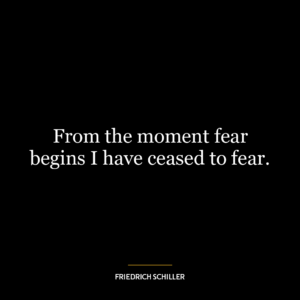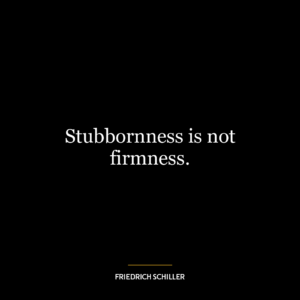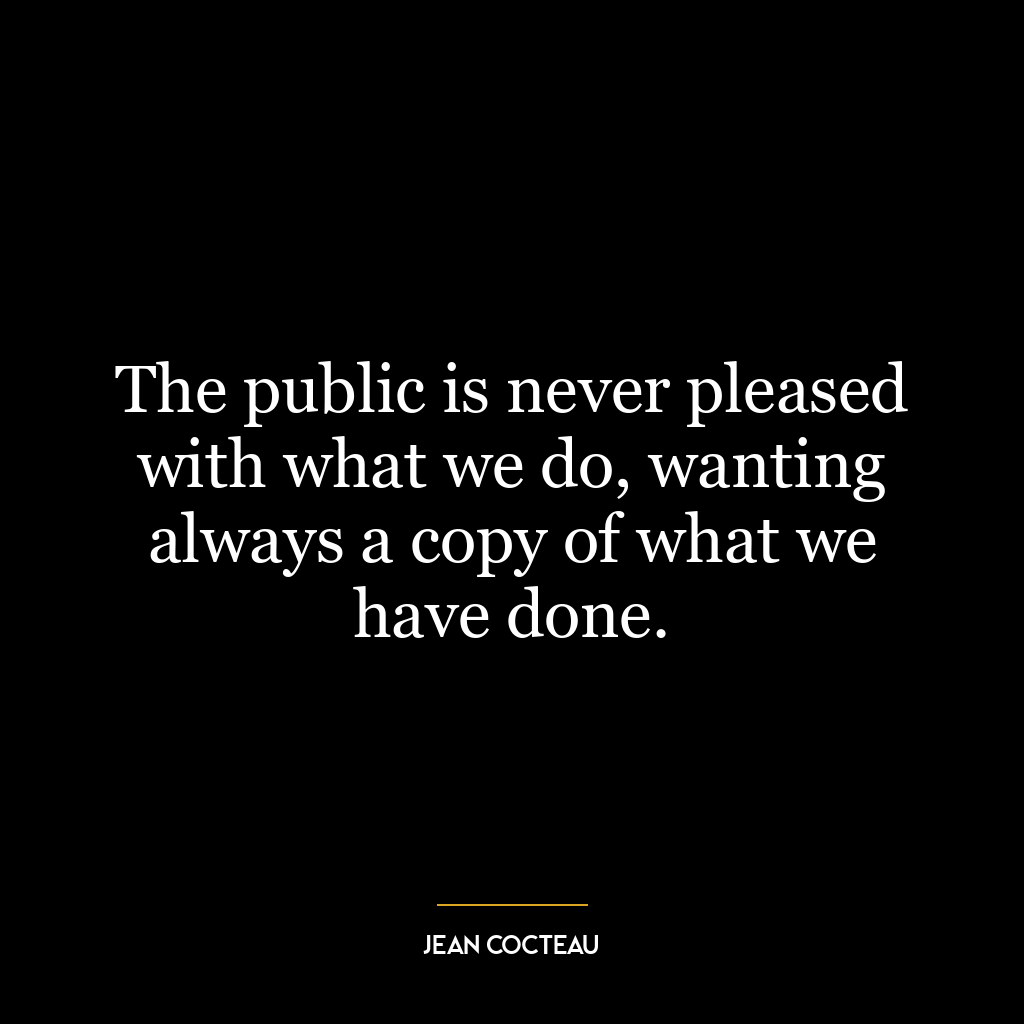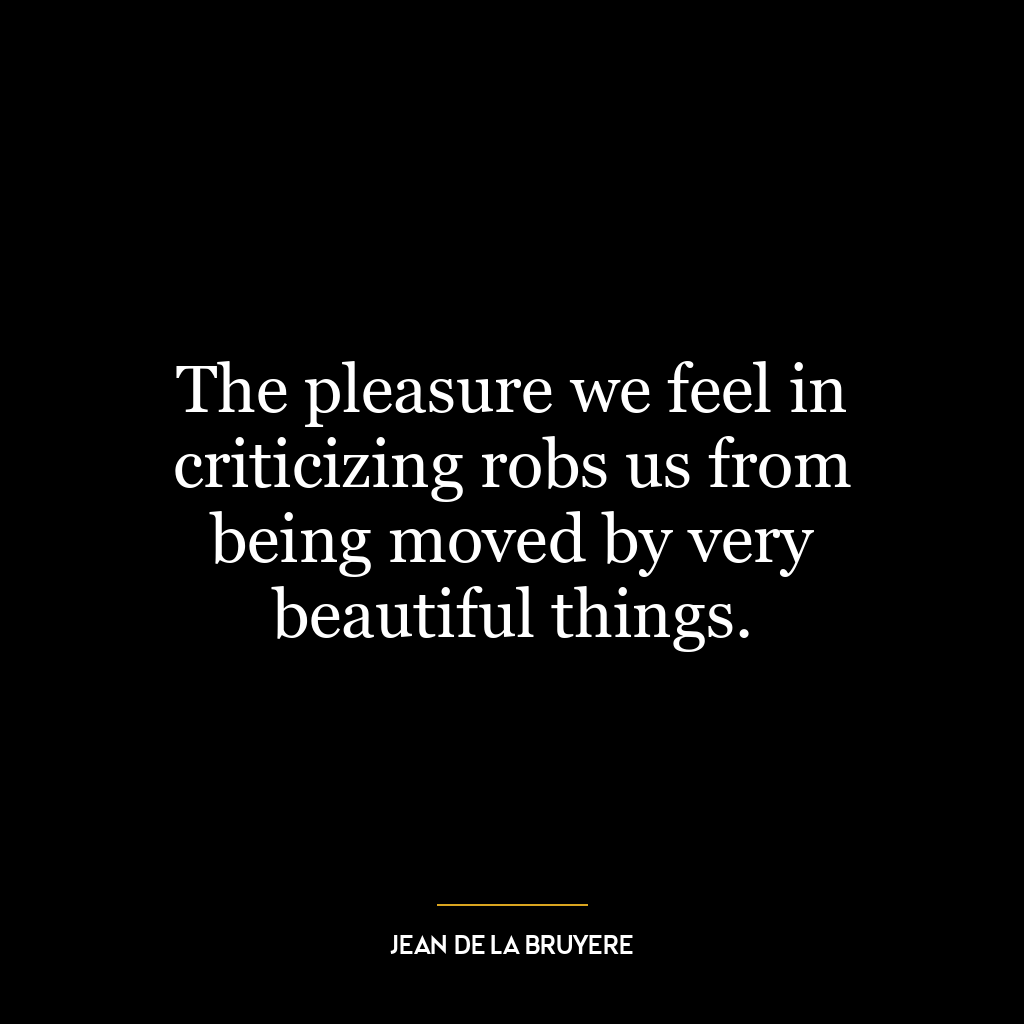This quote highlights the human tendency to focus on negatives or shortcomings, rather than recognizing and appreciating the positives or perfections. It’s a call to shift our perspective from criticism to appreciation, from finding faults to recognizing strengths.
In the context of personal development, this quote can be seen as a reminder to practice self-compassion and self-love. Often, we are our own harshest critics, focusing on our flaws and failures instead of our strengths and accomplishments. This perspective can lead to feelings of inadequacy and hinder our personal growth. On the other hand, acknowledging our perfections can boost our self-esteem and motivate us to strive for improvement, not out of a sense of inadequacy, but out of a desire to build upon our strengths.
In today’s world, this quote can be applied in various contexts. In relationships, for example, focusing on a partner’s perfections rather than their faults can foster understanding, appreciation, and harmony. In the workplace, recognizing employees’ strengths and achievements instead of constantly pointing out their mistakes can increase motivation, productivity, and job satisfaction. In the societal context, appreciating the diversity and uniqueness of different cultures, races, and religions instead of focusing on their differences can promote tolerance, unity, and peace.
However, it’s important to note that looking for perfections doesn’t mean ignoring or denying the existence of faults or problems. It’s about shifting our focus and attitude from constant criticism to constructive recognition. It’s about seeing the good in others and ourselves, and using that as a starting point for growth and improvement.














